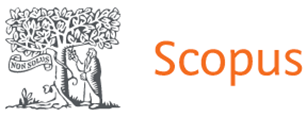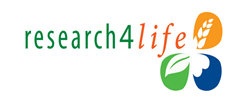Individual Crisis: the Dynamics of the Basic Experiences
DOI:
https://doi.org/10.15330/jpnu.8.2.100-107Keywords:
crisis, individual crisis, basic beliefs, cognitive schemes, disintegrative and integrative experiences of crisisAbstract
The article deals with the problem of finding common mechanisms of coping with an individual crisis, the mechanism that would be independent of individual characteristics. Basic beliefs, which usually serve as motives of human behavior and determine our attitude to various spheres of reality, are often considered to be the most stable formations of consciousness; they form a part of the worldview of the individual and make a significant in overcoming individual crisis. The purpose of this article is to employ theoretical analysis in order to reveal of the role of basic beliefs in the process of experiencing an individual crisis, to determine the semantic specificity of attitudes in the integrative or disintegrative vector of the crisis situation.
An individual crisis is defined both as a state of the person experiencing it and what determines their behavior; it is also understood as an expression of deep personal senses, which are manifested at different levels of the psyche: the unconscious, conscious and super-conscious. Experiencing a crisis is understood as a form of human activity aimed at overcoming a critical situation and finding a positive vector while reaching a new level of personality development. Experiencing of mental disintegration / integration occurs on emotional, cognitive and behavioral levels. The article points out that experiencing an individual crisis at the cognitive level causes changes on the beliefs level, which are cognitive structures and schemes that in their turn structure experiences and determine human behavior. The article also relies on the content analysis to outline integrative and disintegrative beliefs. The content of beliefs determines both disintegrative and integrative vectors of personality development during the crisis; it also reflects the system of how the individual sees the world, other people and himself. The actualization of the feeling of trust put in the world, in other people, in oneself, together with optimism and sense of self-worth are the most stable, basic characteristics of personal beliefs, seen as a resource while overcoming the crisis.
The results of theoretical analysis help to identify the following basic beliefs: optimism, trust in the world, in other people, confidence, faith in justice, self-esteem, and they determine the integrative vector of personality development as well as the way out of personal crisis while performing an adaptive function.











